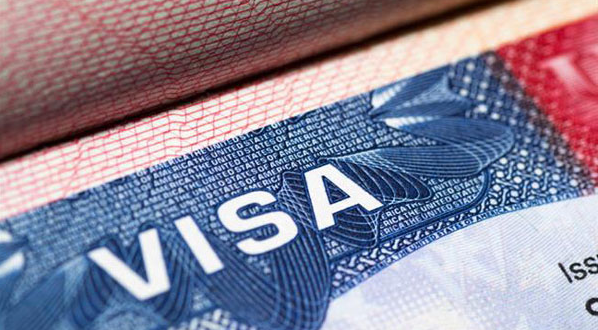The United States has implemented stringent security measures impacting millions of foreign nationals, including Nigerians holding valid US visas. These measures, framed as enhancements to national security and public safety, involve comprehensive interagency vetting of all visa holders and a significant increase in visa revocations. The US Embassy in Nigeria confirmed that over 55 million individuals are subject to this continuous vetting process, emphasizing the Trump administration’s commitment to upholding rigorous standards for entry into the country. This intensified scrutiny stems from the administration’s focus on preventing individuals who may pose a threat from entering the US. The embassy maintains that these actions are based on long-standing legal authority granted under the Immigration and Nationality Act, specifically citing Section 221(i), which empowers the Secretary of State and consular officers to revoke visas at any time.
Concerns about the visa revocation process were raised following reports of sudden cancellations affecting Nigerian professionals and entrepreneurs. An opinion piece highlighted the lack of transparency and due process afforded to those whose visas were revoked. The author, a former spokesperson for the Nigerian National Petroleum Corporation, revealed that at least eight individuals had received cancellation notices citing “new information which became available after the visa was issued” but were provided with no evidence or opportunity to appeal the decision. This has raised questions about the fairness and justification of the revocations, with critics arguing that the lack of transparency undermines due process. The US Embassy, in response to these concerns, reiterated its commitment to national security and public safety, stating that visa revocations are typically based on factors such as overstaying, criminal activity, or links to activities that threaten US security.
The intensified security measures extend beyond visa revocations to include restrictions on visa validity and increased scrutiny of social media activity. Since July 2025, most non-immigrant visas issued to Nigerians, including those for business, tourism, students, and exchange visitors, have been limited to a three-month, single-entry basis. The US Mission attributed this change to a technical and security-based evaluation aimed at strengthening the immigration system, denying any political motivations. Furthermore, in August 2025, a new requirement mandating all visa applicants to disclose their five-year social media history was introduced. This policy requires applicants to provide all social media usernames or handles used within the past five years on the DS-160 visa application form, further intensifying the scrutiny applied to prospective visitors.
These new policies have prompted reactions from both individuals and the Nigerian government. Affected individuals have expressed concerns about the lack of transparency and the potential for arbitrary decisions. The Nigerian government has indicated its intention to reciprocate the US visa policy, suggesting a potential escalation of diplomatic tensions between the two countries. The US Embassy in Nigeria has also issued warnings urging Nigerian travelers to adhere strictly to the terms of their visas, emphasizing that overstaying could have significant repercussions, including future travel restrictions. This underscores the seriousness with which the US government is enforcing its immigration laws and the potential consequences for those who fail to comply.
The US Department of State has reported a significant number of visa overstays, with Nigeria among the countries with the highest numbers. In 2023 alone, over 700,000 visa overstays were recorded. The 1996 Illegal Immigration Reform and Immigrant Responsibility Act imposes penalties for overstays, ranging from a three-year ban on re-entry for overstays between 180 and 365 days to a 10-year ban for overstays exceeding one year. These statistics and the associated penalties highlight the importance of adhering to visa regulations and the potential consequences of non-compliance. The US government’s focus on visa overstays reflects its broader efforts to strengthen border security and enforce immigration laws.
In summary, the US has significantly tightened its visa policies and security measures, impacting millions of foreign nationals, including Nigerians. This includes increased scrutiny, visa revocations based on “new information,” restrictions on visa validity, mandatory disclosure of social media history, and a strong emphasis on preventing visa overstays. These actions, while presented as necessary for national security and public safety, have raised concerns about transparency, due process, and potential impacts on diplomatic relations. The situation underscores the evolving landscape of international travel and the increasing importance of adhering to visa regulations in an era of heightened security concerns.


